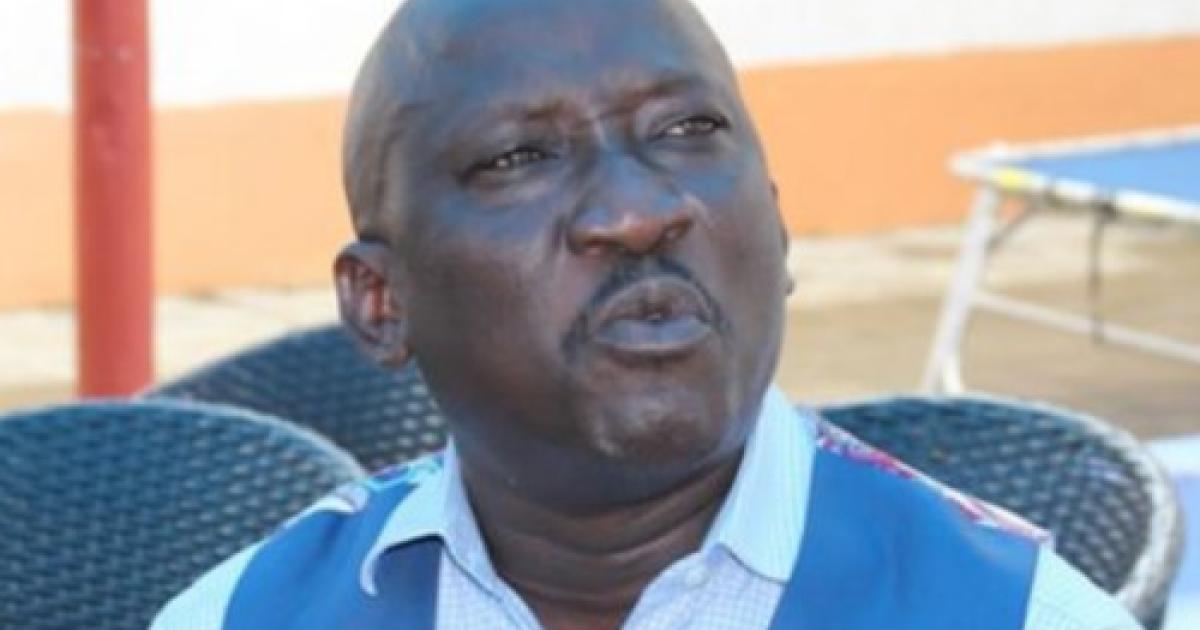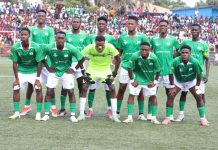Africa-Press – Liberia. Two of the three lawyers representing businessman George Kailondo, in his ongoing lawsuit involving the Guaranty Trust (GT) Bank, refused to associate themselves with the matter anymore.
Counselors Arthur Johnson and Swaliho have distanced themselves from the matter after the emergence of a new development that has to do with Kailondo’s alleged falsification of tax clearance in the amount of US $7,000 issued to him by the Small Tax Division of the Liberia Revenue Authority (LRA).
This stand from Johnson’s and Sesay’s failure to affix their respective signatures to Kailondo’s amended motion to vacate the attachment bond imposed by the Debt Court based on a request from the Guaranty Trust Bank (GT-Bank) that is seeking over US$1.2 million from Kailondo as unpaid debt.
The property is being used by Kailondo as a surety bond against the bank’s attachment bond, pending the outcome of the Action of Debt by Attachment lawsuit against Kailondo.
The controversial tax clearance that had Johnson and Sesay’s signatures was filed on May 29, as a surety bond on Kailondo’s multi-storey apartment building, which he claims is valued as US$2.5 million, situated in the oldest Congo adjacent to the EJS Ministerial Complex.
But the tax clearance was swiftly challenged by the bank’s lawyer, Jonathan T. Massaquoi, who claimed that it was fraudulently obtained by Kailondo and his legal team.
Immediately, afterwards, Kailondo withdrew the motion that was challenged and filed the amended one with the same information, on June 2, this time with the exclusion of Johnson’s and Sesay’s signatures.
This amended motion was signed by Kailondo, himself a lawyer and one of his law firm’s lawyers, Sylvester G. Lormie.
Cllr. Wilkins Wright is the only person who did not sign any of the two motions, but he had been participating in the merit of the case at the Debt Court.
It is not clear as to what prevented Johnson and Sesay from signing the new motion. However, it could be based on the intensity of the LRA’s internal investigation of employees from its Small Tax Division with connection to the issuing of the tax clearance.
Maybe, it could be on the basis that Massaquoi had made a ‘prima facie’ showing that Kailondo had allegedly committed criminal violations.
Massaquoi had repeatedly argued that the tax clearance is a subject for dismissal on ground that it was fraudulently and criminally procured from the World Trade Center in Gurley Street in Monrovia.
According to Massaquoi, if the US$7,000 was paid into government revenue, which is not the case, the issue of the tax clearance is practically impossible because the surety did not reference proof of a tax bill, nor did the surety clear out the balance tax amount of US$37,500 to warrant the issuance of the tax clearance.
“The surety has not had any proof of an appraisal report by an architectural firm, in order to determine the value of the real property, nor did the surety provide a sufficient description of the real property as contained in the affidavit of surety, to make it an easy exercise to find the real property,” he noted.
The punishments for lying to tax officials can be significant, ranging from fines to criminal fraud charges.
Meanwhile, the Liberia Revenue Authority (LRA) has begun an internal investigation of several of its employees as to how Kailondo received the tax clearance for US$7,000.
Although Kailondo claimed that his property value was US$2.5 million, the receipt was issued by the Small Tax Division of the LRA.
Under the revenue law, property above US$1 million must have tax clearance from the Large or Medium Tax Division, but Kailondo’s tax clearance was issued by the Small Tax Division, which is the subject of the investigation.
The case grew when the GT-Bank accused Kailondo of conniving with ACE Global, the storage company at the FreePort of Monrovia, to dupe the bank of US$791,458.21, in the sale of petroleum products that were under the custody of the GT-Bank, and the insurance company posted the US$1,231,521.01 on Kailondo’s properties.
According to the suit, Kailondo entered into a collateral management agreement with the bank on September 29, 2017, for a letter of credit to facilitate the shipping of his petroleum products to Sweden and also entered into an agreement with ACE Global to monitor the petroleum movement from storage to the market.
The suit claimed that ACE without the bank’s knowledge, conspired with Kailondo and secretly took away the petroleum products subject to the agreement without any payment.
“When the bank discovered ACE Global and Kailondo’s dubious acts, Kailondo offered to make the full payment of US$791,458.21,” the suit claimed. “Defendant Kailondo’s offer was accepted in the utmost good faith to pay the full amount of ACE Global’s financial obligation, that is, terms of payment were drawn out in the Novation Agreement payable in twenty-four (24) consecutive monthly installments of the amount of US$32,977.45 commencing from November 30, 2017, to October 30, 2019.”
For More News And Analysis About Liberia Follow Africa-Press






